Trainees use case studies to explore conundrums with dual bioethics/PM&R guidance
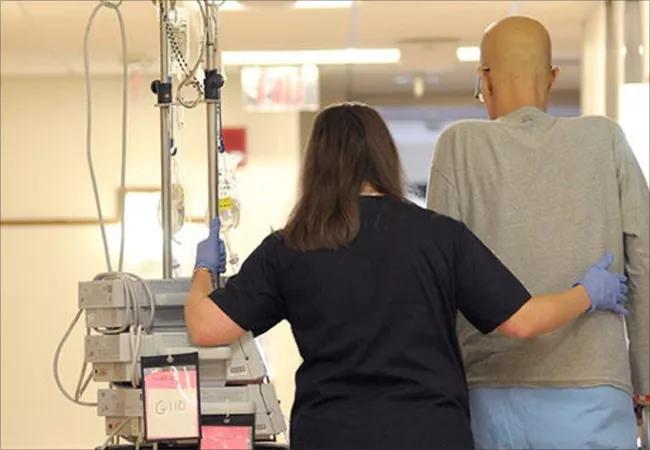
When physical medicine and rehabilitation (PM&R) physicians begin practicing, they expect to treat patients for a variety of medical conditions, from neuronal damage following a stroke to ligament injuries from sports participation. But they may not anticipate handling issues related to medical ethics that perhaps do not seem “clinical” yet crop up in everyday clinical practice. For instance, what happens when a patient declines medication recommended by the physician or when a surrogate decision-maker doesn’t consent to a procedure?
Advertisement
Cleveland Clinic is a non-profit academic medical center. Advertising on our site helps support our mission. We do not endorse non-Cleveland Clinic products or services. Policy
“These types of scenarios happen on rehabilitation units all the time,” says Patrick Schmitt, DO, a PM&R physician at Cleveland Clinic who has a secondary appointment in the Department of Bioethics. “There are good clinicians teaching residents about these kinds of issues in the moment, but what is lacking in residency education is an organized format to go through medical ethics issues.”
That was the impetus for the new PM&R Residency Medical Ethics Case Study Program launched by Dr. Schmitt, in partnership with Cleveland Clinic’s Center for Bioethics, in January 2019. Every other month, residents in PGY-2, -3 and -4 meet for one hour to discuss case studies related to bioethics, professionalism, decision-making and other issues.
“The residents are provided an opportunity to learn about aspects of professionalism and ethics in the context of actual PM&R cases,” says Paul Ford, PhD, Director of Cleveland Clinic’s Center for Bioethics. “In sharing each other’s thoughts about the values at stake and how to negotiate the tricky balancing of those values, the residents are able to prepare new skills for responding in the future.”
For each session, residents take turns presenting case studies to the group. They can either select a case drawn from their own practice or use one obtained from previous patient cases at Cleveland Clinic. Prior to the group discussion, resident presenters review the case with Dr. Schmitt and a representative from the Center for Bioethics, who together facilitate the sessions.
Advertisement
The case study format augments skill acquisition in recognizing, identifying, analyzing and managing common ethical issues in the practice of physical medicine and rehabilitation. “A very general definition of ethics is the principles that govern behavior,” says Dr. Schmitt. “The values part of medicine is now at the forefront as we have moved toward a shared decision-making, patient-centered model of care. That often means understanding the values of patients, which may be different from your own.”
This conflict in values is often at the heart of the case studies presented during the program sessions. For instance, one discussion centered on a patient with dysphagia who was reluctant to follow the restrictive diet advice of caregivers despite being told that the diet guidelines would help reduce the potential for aspiration and respiratory distress. Another focused on a patient with dementia and a foot infection whose daughter disregarded the vascular surgeon’s recommendation that her mother undergo amputation below the knee.
“The idea of the case studies is to identify the question or concern in the scenario and explore how it affects the patient, the doctor and the healthcare system,” explains Dr. Schmitt. “How will you, as a doctor, deal with it?”
The contribution from a bioethicist is invaluable and a unique part of the case study program, says Dr. Ford, who has facilitated discussions along with a colleague from the Center of Bioethics. “The blend of Dr. Schmitt, who is a seasoned expert in PM&R and ethics, plus an ethicist creates a robust opportunity to push everyone toward creative solutions,” he says.
Advertisement
Although the program is in its infancy, the format is working. Dr. Ford says the residents are extremely engaged in the conversations and understand the relevance of the skills being developed. These skills will be important to PM&R physicians as they begin their careers, says Dr. Schmitt. While physicians in large healthcare systems like Cleveland Clinic are able to call on bioethics departments for guidance, that benefit is not widely available.
“If you’re working in a 60-bed rehab hospital in a rural area with two or three other physicians, there might not be other resources to draw upon,” says Dr. Schmitt. “It’s really important that PM&R physicians be trained to better understand how to recognize these problems, identify them and employ the thought processes to work through them.”
Advertisement
Advertisement
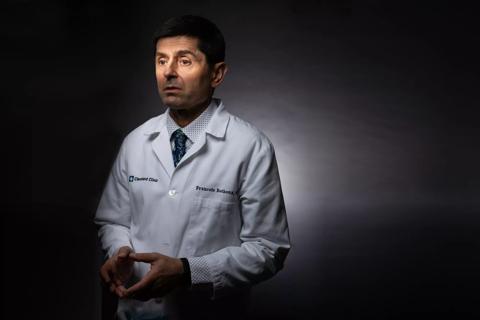
In rehabilitation medicine, the answer might require nuance

Mental health colleagues can provide much-needed perspective
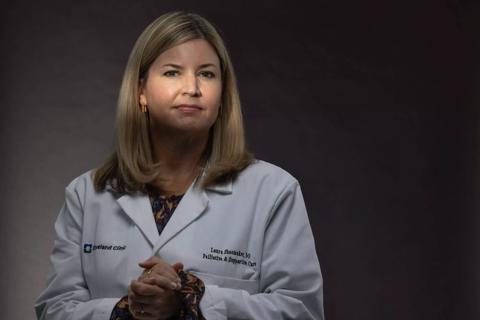
Palliative care specialists know hard conversations can also be valuable ones
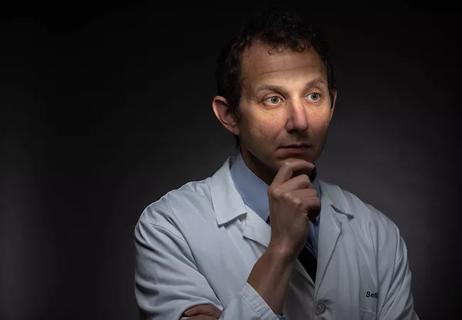
Variables affect nuances of the conversation

Authors discuss ethical challenges associated with sponsored genetic testing

Program focuses on nurturing ethics leaders in daily practice
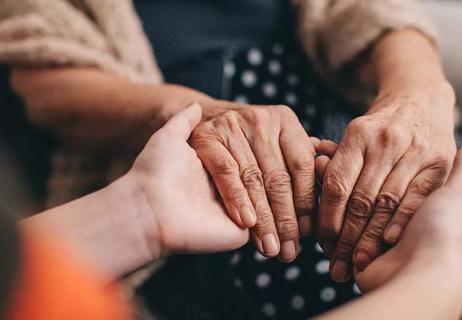
Medical, ethical and legal considerations

An end-of-life dilemma in the intensive care unit